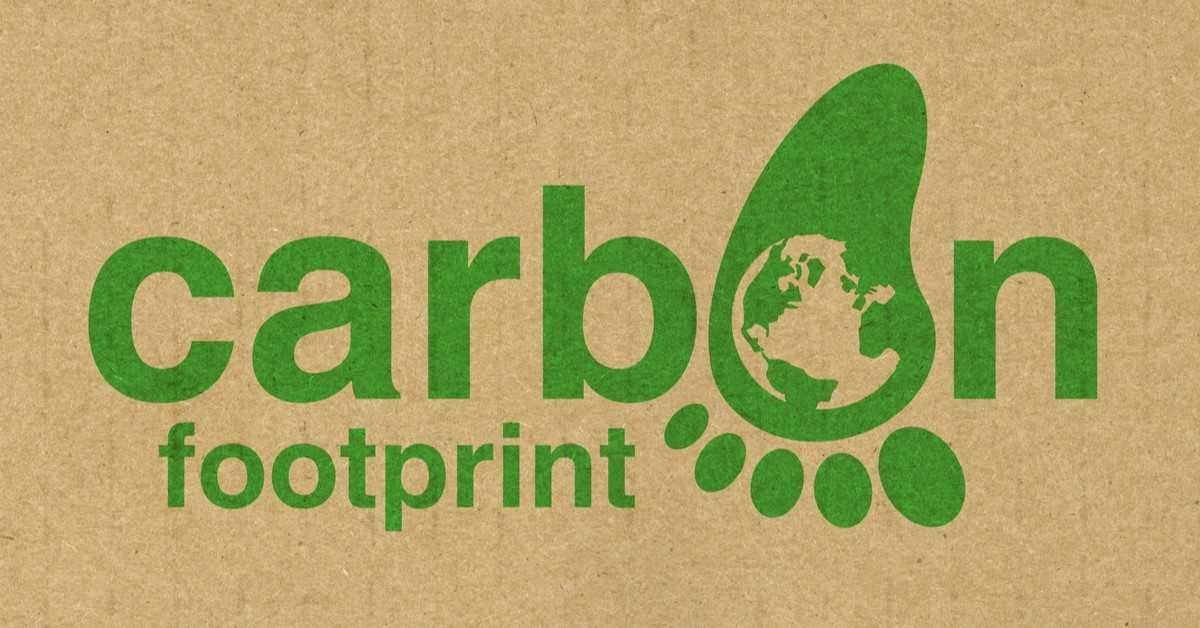The food we eat has a significant impact on our Carbon Footprint. In fact, food production is responsible for about one-third of global greenhouse gas emissions. This is due to a number of factors, including the energy required to produce food, the transportation of food, and the deforestation of land for agriculture.
There are a number of things we can do to reduce the carbon footprint of our diet. One of the most important is to eat less meat and dairy. Animal products are responsible for a disproportionate amount of greenhouse gas emissions. For example, beef production emits about 27 kilograms of CO2 equivalent per kilogram of meat produced, while tofu production emits only 1.6 kilograms of CO2 equivalent per kilogram of protein produced.
In addition to eating less meat and dairy, we can also reduce our carbon footprint by eating more plant-based foods, eating locally grown foods, and reducing food waste.
Understanding Food’s Carbon Footprint
Food production is a complex process that involves a number of different stages, each of which has an environmental impact. These stages include:
- Agricultural production: This includes the cultivation of crops and the raising of livestock. Agricultural production requires the use of energy, water, and land, and it also generates greenhouse gas emissions.
- Transportation: Food is often transported long distances from the farm to the consumer. This transportation requires fossil fuels, which emit greenhouse gas emissions.
- Processing and packaging: Food is often processed and packaged before it is sold to consumers. This processing and packaging requires energy and materials, and it also generates waste.
The carbon footprint of a particular food depends on a number of factors, including the type of food, the production methods used, and the distance the food is transported. For example, beef has a much higher carbon footprint than tofu because beef production requires more energy, water, and land, and it also generates more greenhouse gas emissions.
How to Reduce Your Food’s Carbon Footprint?
There are a number of things you can do to reduce the carbon footprint of your diet. Some of the most effective strategies include:
- Eat less meat and dairy: Meat and dairy are responsible for a disproportionate amount of greenhouse gas emissions. Replacing meat and dairy with plant-based alternatives can significantly reduce your carbon footprint.
- Eat locally grown foods: Locally grown foods have a lower carbon footprint than foods that are transported long distances. When possible, buy food from local farmers and markets.
- Eat less processed foods: Processed foods often contain a lot of packaging, which generates waste. Eating whole, unprocessed foods can help to reduce your carbon footprint.
- Reduce food waste: Food waste is a major contributor to greenhouse gas emissions. Composting food scraps and donating excess food to food banks can help to reduce food waste.
Conclusion
The food we eat has a significant impact on our carbon footprint. By making a few simple changes to our diets, we can reduce our carbon footprint and help to protect the planet.
Additional Tips
- Support sustainable agriculture: Look for food that is certified organic or Fairtrade. These certifications indicate that the food was produced using sustainable methods.
- Cook at home: Cooking at home is a great way to reduce food waste and control the ingredients in your meals.
- Eat in season: Eating in season means eating fruits and vegetables that are naturally ripened and available in your area. This can help to reduce the carbon footprint of your food.
Making even small changes to your diet can make a big difference in reducing your carbon footprint. By eating less meat and dairy, eating locally grown foods, and reducing food waste, you can help protect the planet for future generations.
Stay in touch to get more updates & alerts on Washington Greek! Thank you



